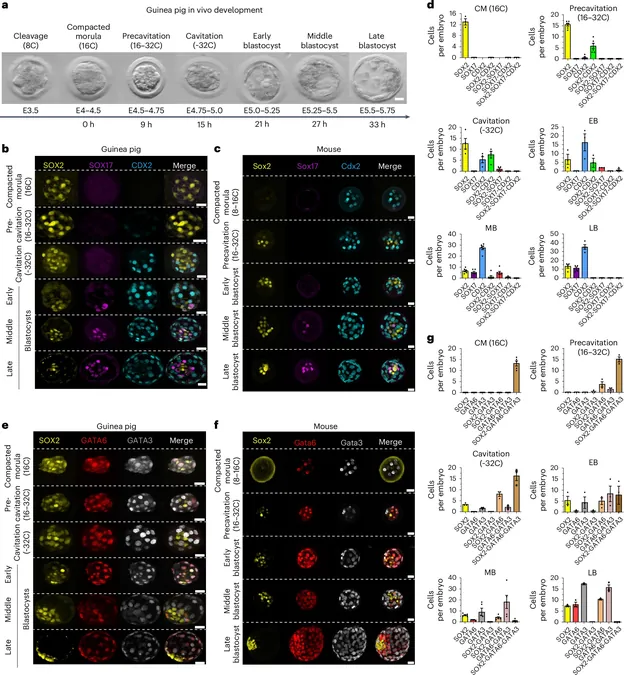
New Mother Workout Guidelines Spark Controversy as Parenting Groups Voice Concerns
2025-03-26
Author: Jia
New mothers are expressing their outrage after receiving new guidelines suggesting they should engage in at least two hours of exercise each week and minimize screen time before bed during the initial months following childbirth. The recommendations, released by a team of Canadian researchers in the esteemed *British Journal of Sports Medicine*, advocate for physical activity as a means of enhancing the mental and physical health of mothers.
Childbirth support organizations such as Mumsnet and NCT are pushing back against these guidelines, arguing that they are unrealistic given the demands of caring for a newborn. Mumsnet's founder, Justine Roberts, highlighted the impracticality of the recommendations, stating they seem "wildly optimistic," considering the exhaustion and stress new mothers face. Furthermore, she warned that such advice should not become a burden that adds to the pressures already felt by postpartum women.
The Canadian Society for Exercise Physiology, which compiled the guidelines, based their recommendations on a comprehensive review of 574 studies examining the health of new mothers. They suggest that unless there are medical limitations, mothers should incorporate:
At least two hours of moderate to vigorous exercise weekly
- activities like brisk walking, cycling, or strength training can be scheduled over four days.
Daily pelvic-floor muscle training
- essential for recovery, especially after childbirth.
Minimizing screen time and creating a calming, dark environment prior to sleep
- to enhance sleep quality.
However, British health experts caution that these guidelines could inadvertently pressure mothers into resuming their physical fitness too quickly. NCT's Katherine Walker emphasized a careful approach, noting that recovery experiences differ vastly based on the type of delivery — whether vaginal, caesarean, or with assistance like forceps would dictate how soon and vigorously a mother can exercise.
‘Carrying and holding a newborn can be an intense workout,’ she remarked, reinforcing that new parents should prioritize gentle, gradual movements like daily walks before progressing to more strenuous activities.
Sleep deprivation is a harsh reality for many new mothers, and adding these additional demands could be overwhelming. Janet Lindsay, the CEO of Wellbeing of Women, underlined the necessity for mothers to exercise at their own pace and in ways that feel manageable.
As these debates unfold, the call for clearer, evidence-based guidelines on postpartum care is increasingly urgent. With a growing emphasis on maternal well-being, it is critical that recommendations are not just achievable but sensitive to the diverse realities of motherhood. More discussions and supportive resources are essential for new parents navigating the challenging journey of early parenthood.



 Brasil (PT)
Brasil (PT)
 Canada (EN)
Canada (EN)
 Chile (ES)
Chile (ES)
 Česko (CS)
Česko (CS)
 대한민국 (KO)
대한민국 (KO)
 España (ES)
España (ES)
 France (FR)
France (FR)
 Hong Kong (EN)
Hong Kong (EN)
 Italia (IT)
Italia (IT)
 日本 (JA)
日本 (JA)
 Magyarország (HU)
Magyarország (HU)
 Norge (NO)
Norge (NO)
 Polska (PL)
Polska (PL)
 Schweiz (DE)
Schweiz (DE)
 Singapore (EN)
Singapore (EN)
 Sverige (SV)
Sverige (SV)
 Suomi (FI)
Suomi (FI)
 Türkiye (TR)
Türkiye (TR)
 الإمارات العربية المتحدة (AR)
الإمارات العربية المتحدة (AR)